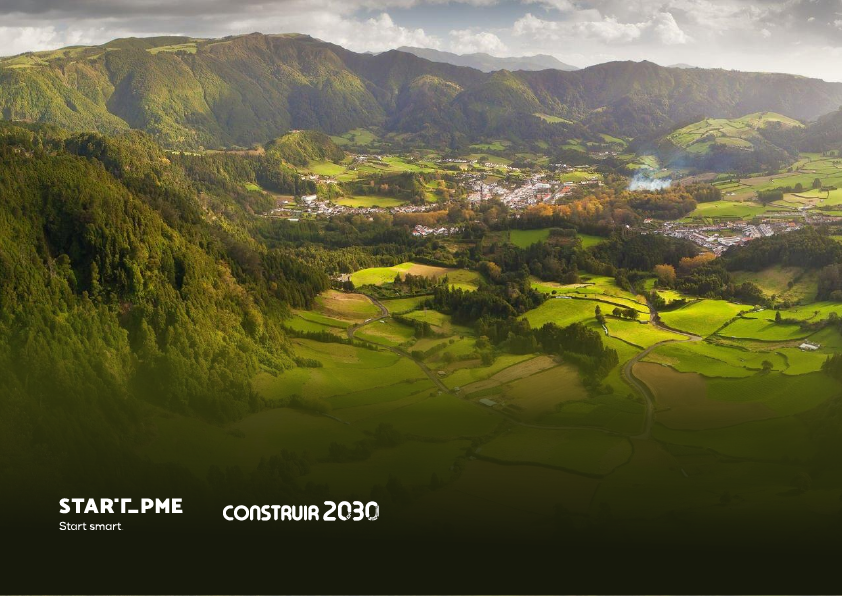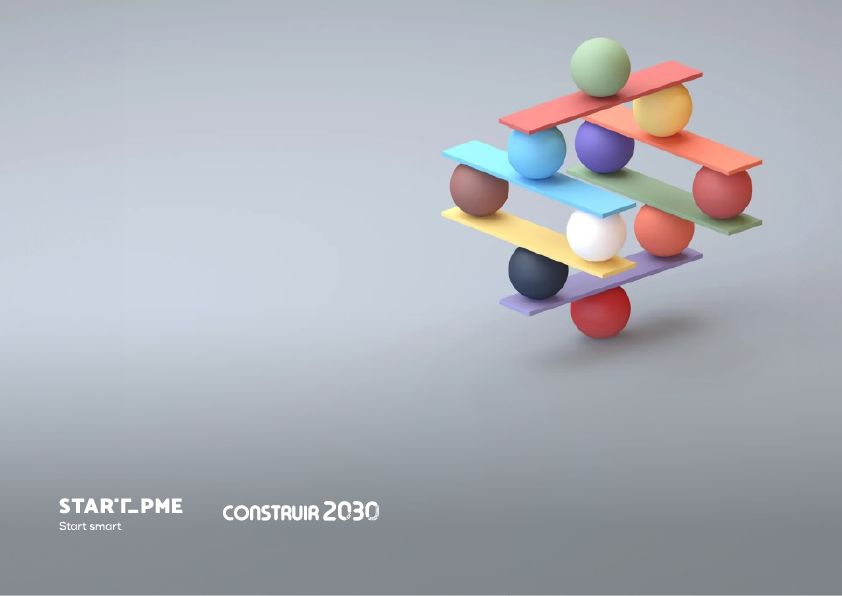
Madeira 2030 – Innovation
Madeira 2030
With maximum funding of 750,000 euros, the Incentive System for Production Innovation in the Autonomous Region of Madeira – Innovation 2030, aims to promote the regional economy and strengthen its external competitiveness by improving companies’ production capacities. Projects that aim to increase business investment in the development of innovative and sustainable solutions, R&D and an increase in qualified employment are eligible.
Programme Status
Open
Financing
Up to 45% Lost Fund
Territory
NUTS II Autonomous Region of Madeira.
Eligible Entities
SMEs and non-SMEs

Madeira 2030 – Innovation
Madeira 2030
With maximum funding of 750,000 euros, the Incentive System for Production Innovation in the Autonomous Region of Madeira – Innovation 2030, aims to promote the regional economy and strengthen its external competitiveness by improving companies’ production capacities. Projects that aim to increase business investment in the development of innovative and sustainable solutions, R&D and an increase in qualified employment are eligible.
Programme Status
Open
Financing
Up to 45% Lost Fund
Territory
NUTS II Autonomous Region of Madeira.
Eligible Entities
SMEs and non-SMEs




